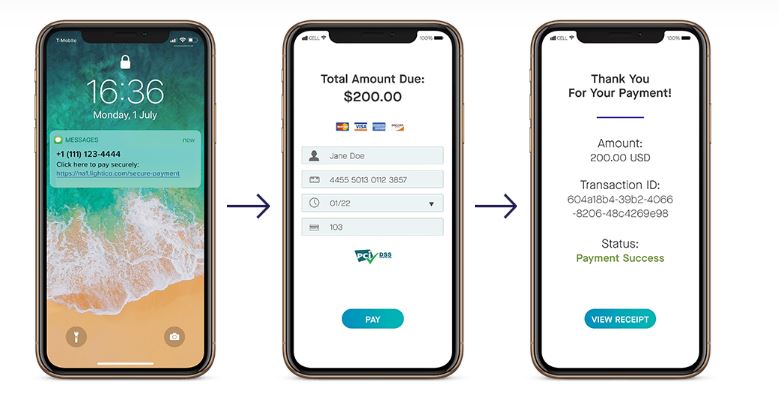Vizolution's Marcio Rodrigues looks at trust in banks from a personal perspective and why the customer journey is such an important part of building that trust.
When customers decide to approach an organisation these days a multitude of actions already have taken place in most cases. In a connected world, information is available in bucket loads and customers are not afraid to use it to get the best outcomes.
Marketing spends billions of pounds every year trying to understand customer needs, creating products and services that are relevant, distributing it through many channels in a way that makes it easy and compelling for customers to buy and interact with their organisations.
So why are so many of these journeys not well thought through and failing to deliver its original intent – are customers not really at the heart of these journeys? Marketers put in a lot of effort attracting customers only to lose them at first click, call, visit etc. Let me give you an example of a journey I have gone through recently:
My journey …..my bank got in touch:
My relationship with my bank is very much one way. When I have a job to do, I do it myself and or initiate the first dialogue. My bank has been good enough to enable me to do most of my jobs online so I very rarely have to pick up the phone or visit a branch.
I do indeed call my bank when I have new jobs to do and need advice, e.g. re-mortgage, loans, investments etc, but mostly on new business transactions. So, when recently my bank called me I was very surprised.
Initially I thought… this is a sales call or something went wrong. But, no, a cheerful chap told me that after reviewing my accounts the bank noticed that they could offer me a better deal on an existing product. The deal on offer was significantly better and at this point I expressed my surprise and delight that I received this call in the first place. I told him that the offer sounded good and asked him to proceed.
“Sorry I can’t process this over the phone, you need to go to your local branch to complete the process” was the reply.
At this point I asked why? Do I need to sign any paperwork?
“No, you are an existing customer with an existing deal… no signature required” was the reply…
It was at this point that I thought this wasn’t very easy or convenient but I still thought the bank was trying to do the right thing for me. I therefore did something I haven’t done for a few years. I visited my local branch.
On arrival, I told the cashier why I was there. “Sorry Mr Rodrigues you need to call us in advance and make an appointment"
"But I’m here now…"
“Sorry, we have no appointments today”…well, I left and with the promise to never go back….
The return to the branch…
As it happens… I was sent a cheque. I went to my local branch to deposit it but didn’t make an appointment. Paid in my cheque and as I was there asked if I could have an appointment to go through the improved deal discussed above.
“Yes, we’ll be free to see you in 15 minutes” was the answer. I was delighted and waited. A very nice, polite employee welcomed me and offered me a seat in a confortable room.
As I was getting confortable and explaining why I was there, I was told “I’ll finish my shift in 10 minutes but let’s see if I can help you”.
I explained why I was there, my accounts were checked and confirmation that I could indeed get a better deal was given. However I had to buy something else that would add no value to me…. I simply expressed my dissatisfaction and left.
Coming back to my original point, why would any organisation make a customer go through the painful experience above? Did they actually think about the customer? My bank has reams of information about me so why not offer something that might be relevant?
“The journey” “or gamble” above was created to get you to buy stuff that you might or not need. This wasted both the banks time and mine. Stop gambling with your customers trust; instead start building it, one experience at a time.
Customers don’t care or want to go on journeys with firms. Customers care about their experiences and outcomes.
That’s what they buy. What are you selling?


